Hello friends, welcome to my blog. @luisa-fernanda
In Venezuela the need is very strong because of the humanitarian crisis that we live every day we have to transport ourselves as livestock as animals is something very strong what we spend every day here in Venezuela with the problem of rubber or batteries for our cars, just the one that is at hand with the government gets the cheap rubbers the others must stick a lot of money for some rubbers and bad, due to the traffic of this article, we can find many cars stopped by lack of rubbers as is the case of my enclosure residential, you walk through its streets and observe a number of vehicles stopped for lack of rubber or battery, will be that the times of before return by bicycle? it's very difficult and the government does not do anything to fix it

Here pictures of our transportation problem!
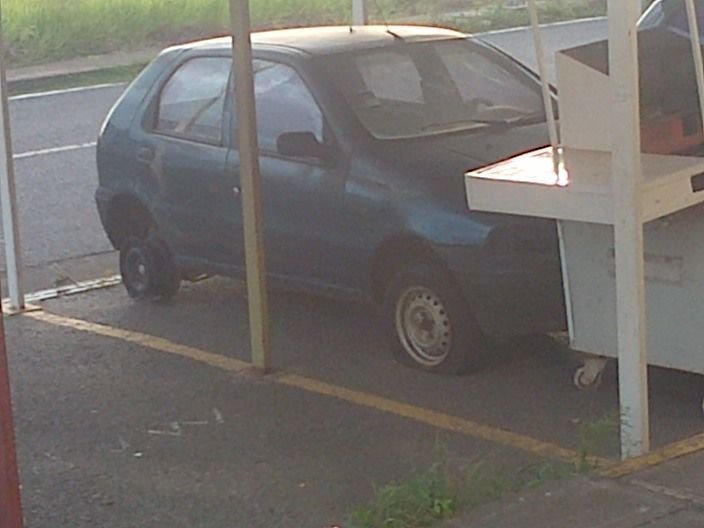

The crisis not only dismantles public transport, it also coins a new mobility service detonated by the contingency that in practice forces drivers to dissociate themselves from registered organizations to venture into informal services. Units without warnings are the summary of piracy on wheels but thanks to pirates is that each arrives at its destination where the passage between municipalities is more expensive. Representatives of the sector maintain that, even with the tariff in 5 thousand bolivars, which is still unofficial, they subsidize 70% of the service, whose real cost is 8 thousand bolivars, according to estimates. However, the last legal instrument in force, Gazette 6329 dated August 25, 2017, encourages drivers to keep the passage below Bs 280; a decree challenged by inflation.
The crisis of public transport severely threatens the quality of life of Venezuelans. According to transport spokesmen, about 50% of transport units are paralyzed due to the shortage and high cost of spare parts and tires, while 70% of the fleet belonging to the central government would also be paralyzed due to the lack of spare parts. This situation becomes more complex due to the irregular supply of fuel by the state-owned PDVSA and the shortage of cash that prevents citizens from covering the rates of urban and extra-urban routes. The conditions associated with the critical situation of public transport are felt most strongly in the regions of the country, where living conditions are still deteriorated due to the neglect of national, regional and local authorities, directly affecting the mobility of people and often preventing the realization of other rights such as health; education; right to work; recreation; among others.
In 2016, with regard to the increase in gasoline announced by the National Executive, Provea published a special work on the right to transport, with the aim that it served as a basis to advance in the discussion on the necessary construction of a transport system that satisfies citizen demands and raise the quality of life for Venezuelans. We recall that in all the occasions that increased fuel has been decreed in Venezuela, the different governments have appealed to the promise that the resources coming from these increases would support the improvement of public transport, 2016 was not the exception.
The access and use of public transport is not yet clearly stipulated as a human right in itself, but is included in the so-called "right to the city", which is part of the so-called "third generation rights" " However, we can find references to transportation in different human rights standards.

This is the new means of transport
Citizens risk their lives boarding trucks to reach their destination, and when the unit stops, passengers crowd the doors of the few vans, and in that moment the most agile climbs, some seated, others standing and many hanging, that is the bread of every day before the current transport crisis.
The passengers said that from Monday to Friday, from 6:00 a.m. until 8:00 in the morning the stops in VENEZUELA remain full waiting for trucks and many choose to board trucks, to arrive on time to their destination.
"We are going from bad to worse", this was expressed by a driver belonging to the Rosario de Paya line, who indicated that 85% of the fleet on this route is stopped due to lack of spare parts, rubbers and motor oil.

Rubbers and batteries its value



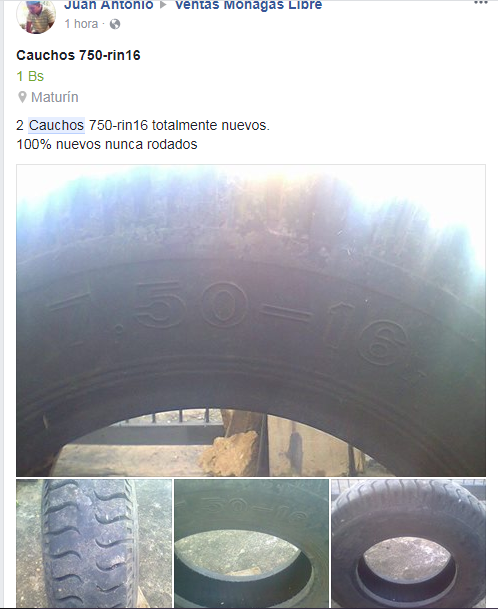


The price of these items are overdrawn at their established value as in 800% here in Venezuela so work 1 year the salary established by the president is not enough to maintain a car the value of only a rubber is millionaire is not generated to be able to maintain a vehicle for those many to the need for a spare part rubber or battery decide to keep them and have them stop watching the marginality with they have a price with rubber, if you are not with the government you do not get prices just always this corruption and the one who pays is the town

THANKS FOR YOUR TIME
Thanks to @engranaje project and all the work team of @cervantes that help grow the Hispanic community, I also want to be the one that welcomes and is aware of my content @hr1 @malos10
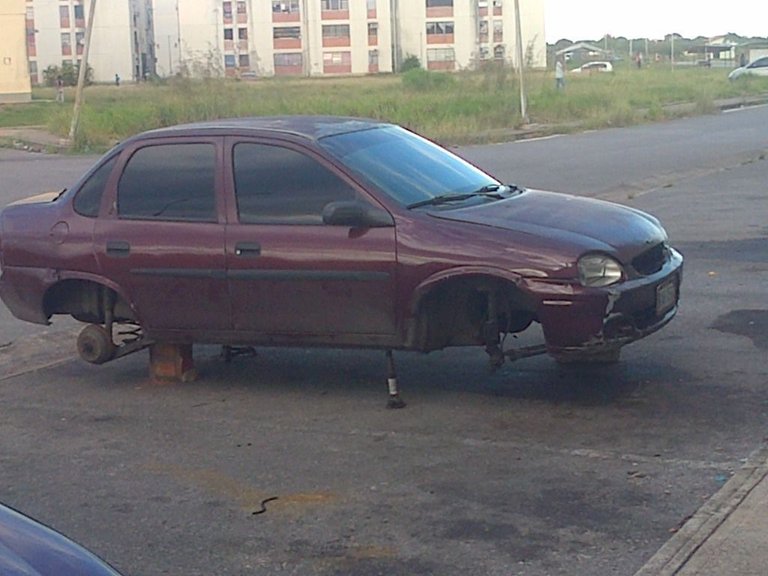
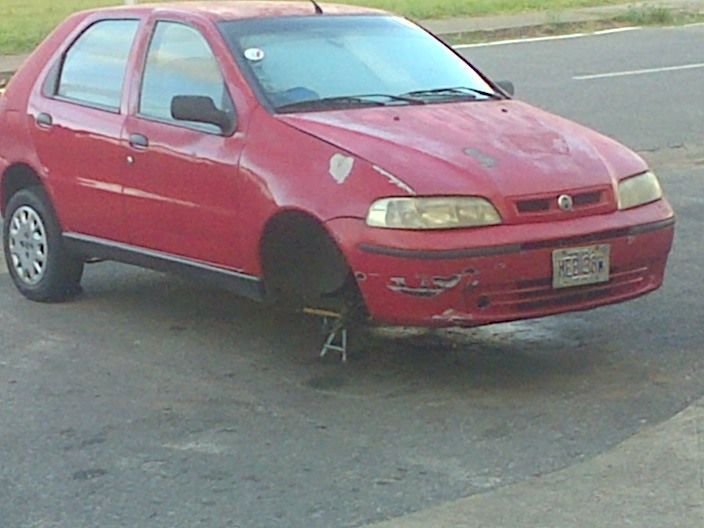
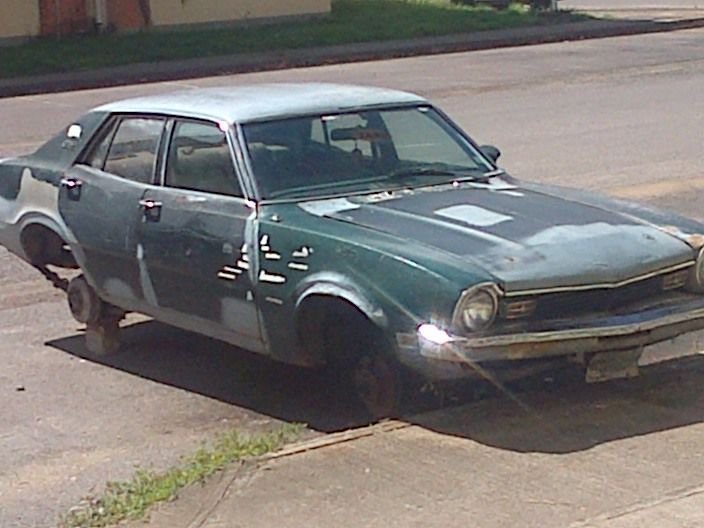
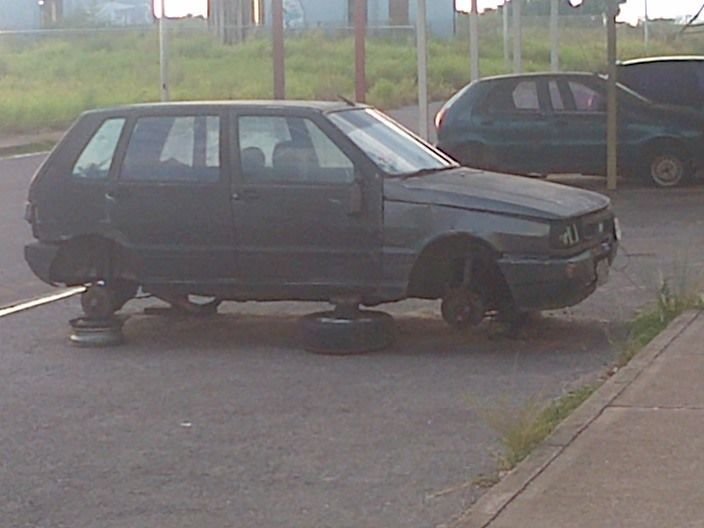
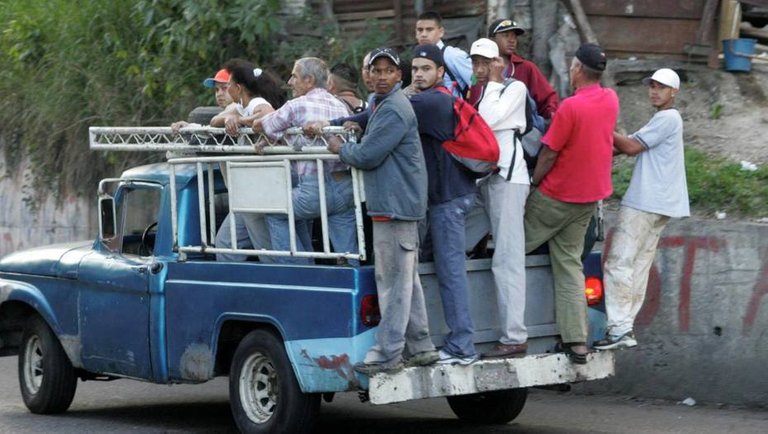
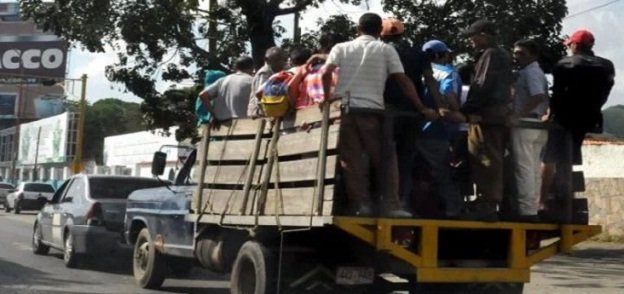

THIS IS NOT A YouAreHOPE FOUNDATION APPROVED POST AND WE HAVE UNCOVERED CONNECTIONS IN THE CHAIN TO BELIEVE THIS IS A SCAM
They have removed our tag and logo now, after we investigated them.
Donate or upvote at your own risk!
They have stolen charity articles and posted them, used multi accounts and lied to us.
@sircork
Steem Witness
awful situation brought by socialism to our country
I found your article trough @primeraplana
i upvoted and resteemed
This is crazy. I had no idea. I wouldn't know anywhere near as much about the situation in Venezuela if it weren't for authors like you on Steemit. Thank you for sharing and informing us of what is going on.
Unfortunately for Venezuelians the free market is not allowed to operate and therefore prices have become unbalanced. When the government tries to control prices of certain commodities, high prices pop up in other commodities. Like a ball held under water, it can't be held forever.
I'm sorry you and your countrymen are going through this crises. Hopefully, blogging here will help.